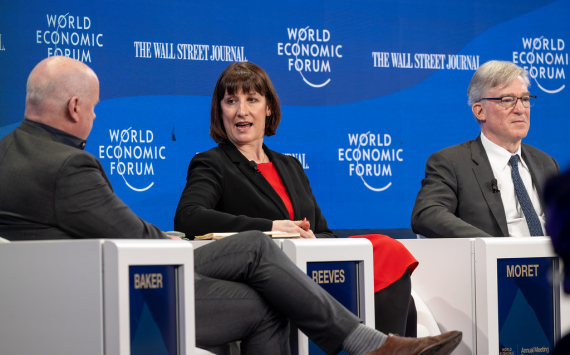
The UK economy
Britain's exit from the European Union (Brexit) is costing the economy £100 billion annually due to lost investment, loss of staff and income from trade. This was reported by Bloomberg agency.
According to its data, the size of the British GDP by the end of 2022 would have been 4% more if the country had not left the European Union. The kingdom also lost about 370,000 workers from the EU.
Earlier, the Center for European Reform informed that the exit of the kingdom from the EU cost £33 billion by June 2022. "Brexit, obviously, had a significant negative impact on the UK economy," said deputy head of the Centre for European Reform John Springford.
The Bloomberg study admits that calculating how much production was lost because of Brexit is not "easy or accurate," not least because leaving the EU coincided with the seismic upheaval caused by the coronavirus pandemic.
Nevertheless, it is clear that the U.K.'s economic performance began to diverge from the rest of the G7 after the 2016 vote to leave the EU, and it has widened since then.
It is worth recalling that the UK left the EU on February 1, 2020, after several years of negotiations. On Jan. 1, 2021, the post-Brexit transition period, during which the United Kingdom was subject to all European regulations, expired. In December 2020, the parties reached a deal on post-Brexit relations, which implies a free trade area for goods and services without quotas and tariffs.








































